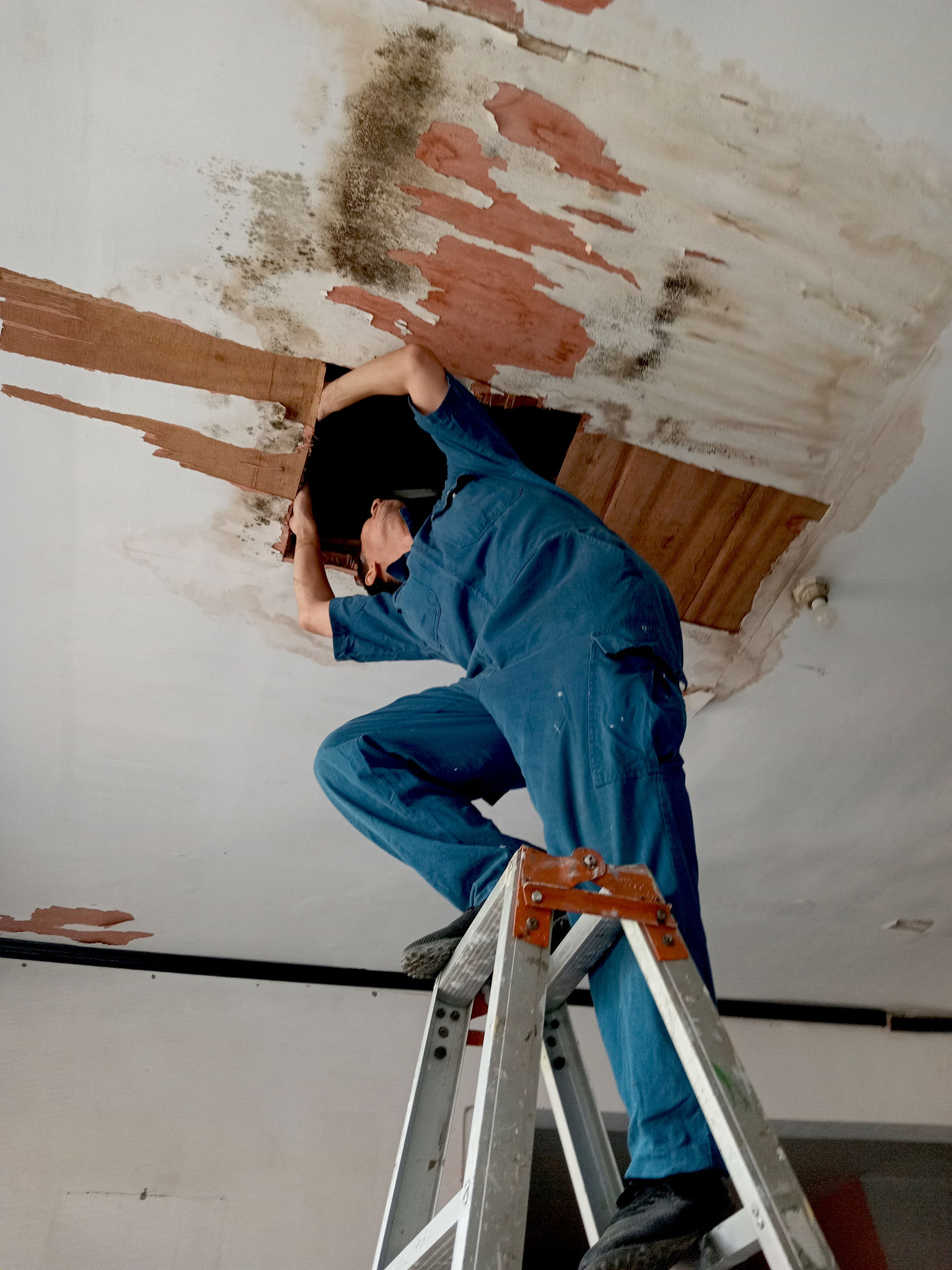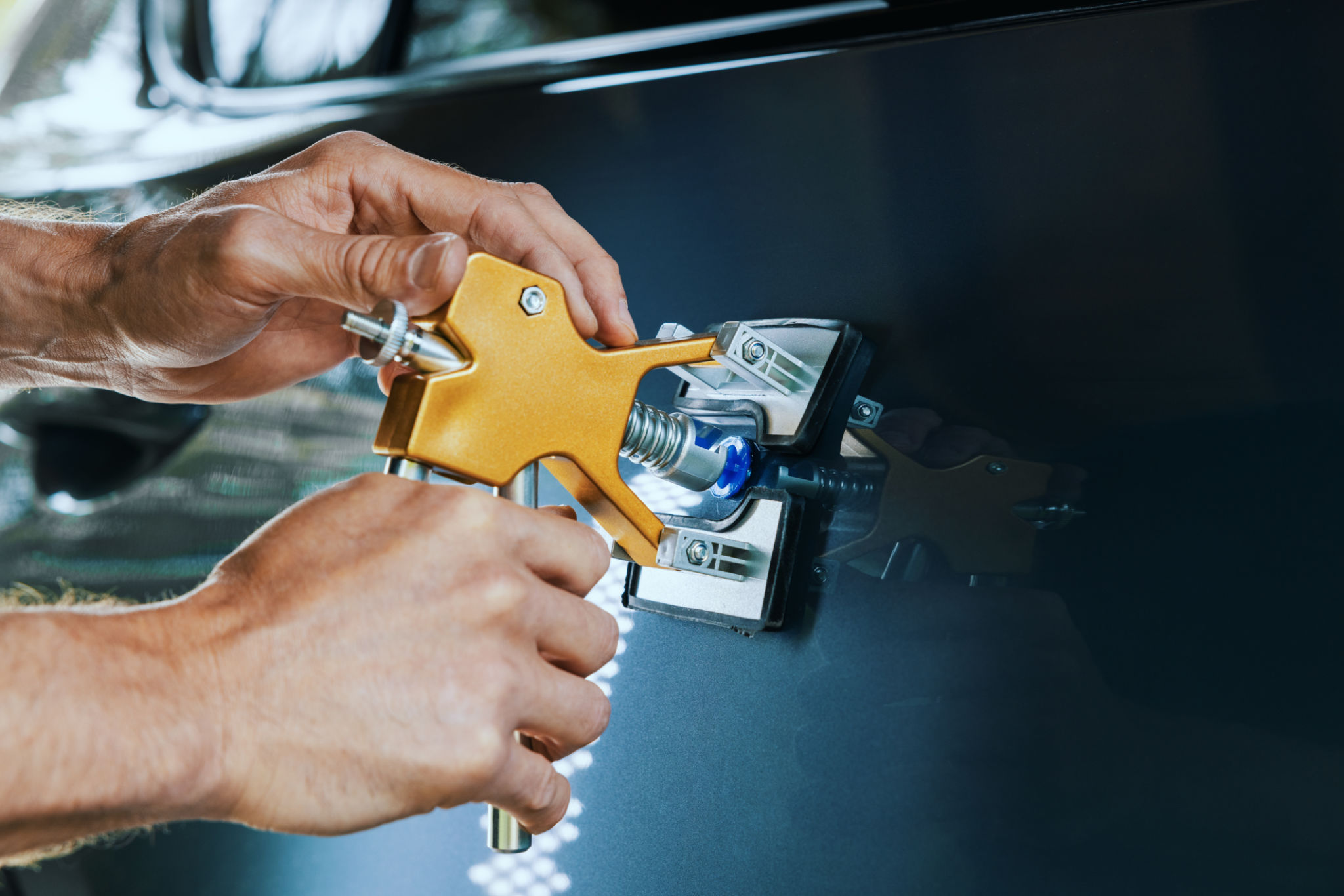DIY Appliance Repair: When to Fix It Yourself and When to Call a Professional
Understanding DIY Appliance Repair
In today's world, the do-it-yourself (DIY) approach has become increasingly popular, especially when it comes to home maintenance tasks like appliance repair. Before diving into a repair project, it's essential to assess whether it's something you can handle or if it's better to call a professional. This guide will help you make that decision.
Repairing your appliances yourself can save you money and give you a sense of accomplishment. However, it's important to recognize your limitations to avoid causing further damage or compromising safety.

When to Fix It Yourself
Some appliance repairs are simple enough for most homeowners to tackle. If you have basic tools and some patience, you can often handle minor repairs or maintenance tasks. Here are a few situations where a DIY approach might be appropriate:
- Simple Issues: Problems like replacing a refrigerator light bulb or unclogging a dishwasher can often be resolved with basic tools and minimal effort.
- Online Resources: With the abundance of tutorials and guides available online, you can find step-by-step instructions for many common repairs.
- Cost-Effective Parts: If the required part is inexpensive and readily available, it might be worth attempting the repair yourself.

When to Call a Professional
While tackling minor repairs can be rewarding, there are times when calling a professional is the best course of action. Here are some scenarios where professional help is advisable:
- Complex Repairs: If the repair involves complex electrical work or disassembling major components, it's best to hire a professional to avoid safety hazards.
- Warranty Considerations: Attempting DIY repairs may void the warranty on newer appliances. It's important to check the warranty terms before proceeding.
- Lack of Expertise: If you're unsure about diagnosing or fixing an issue, it's better to rely on an expert with the necessary skills and experience.
Professionals have the proper tools and knowledge to address complicated repairs efficiently, potentially saving you time and money in the long run.

Safety First
No matter the repair, safety should always be your top priority. Before starting any DIY project, make sure you have turned off the power supply to avoid electrical shocks. Additionally, always use the right tools and wear appropriate safety gear, such as gloves and goggles.
If you're ever in doubt about your ability to perform a repair safely, it’s always best to err on the side of caution and consult a professional. Remember, while DIY repairs can be cost-effective, they should never compromise your safety or that of your home.
The Cost-Benefit Analysis
When deciding between DIY and professional repairs, consider both the short-term and long-term costs involved. While DIY repairs might seem cheaper initially, mistakes can lead to more expensive fixes down the line. On the other hand, professional repairs come with a guarantee of quality and can extend the life of your appliance.
Ultimately, understanding the scope and complexity of the repair can guide you in making an informed decision. By weighing the pros and cons of each approach, you can choose the option that best suits your skills and needs.
